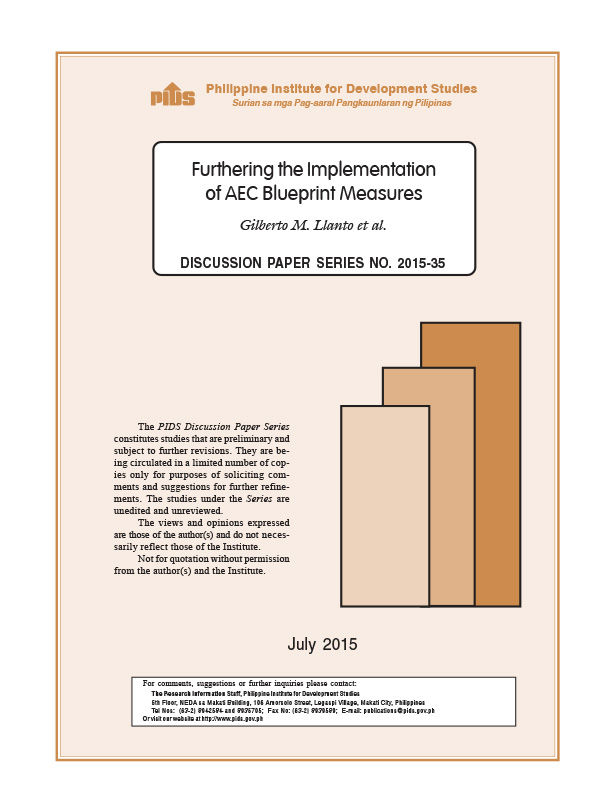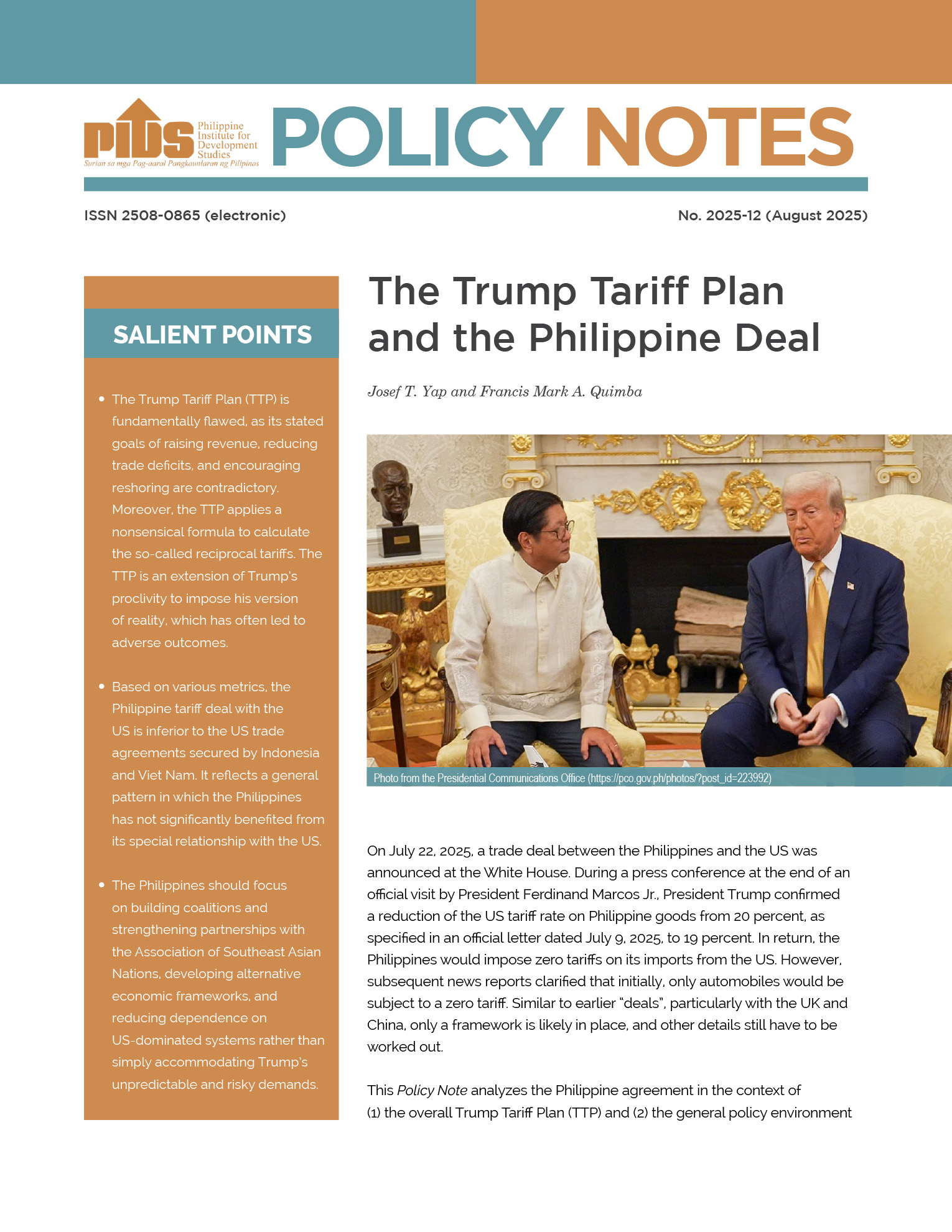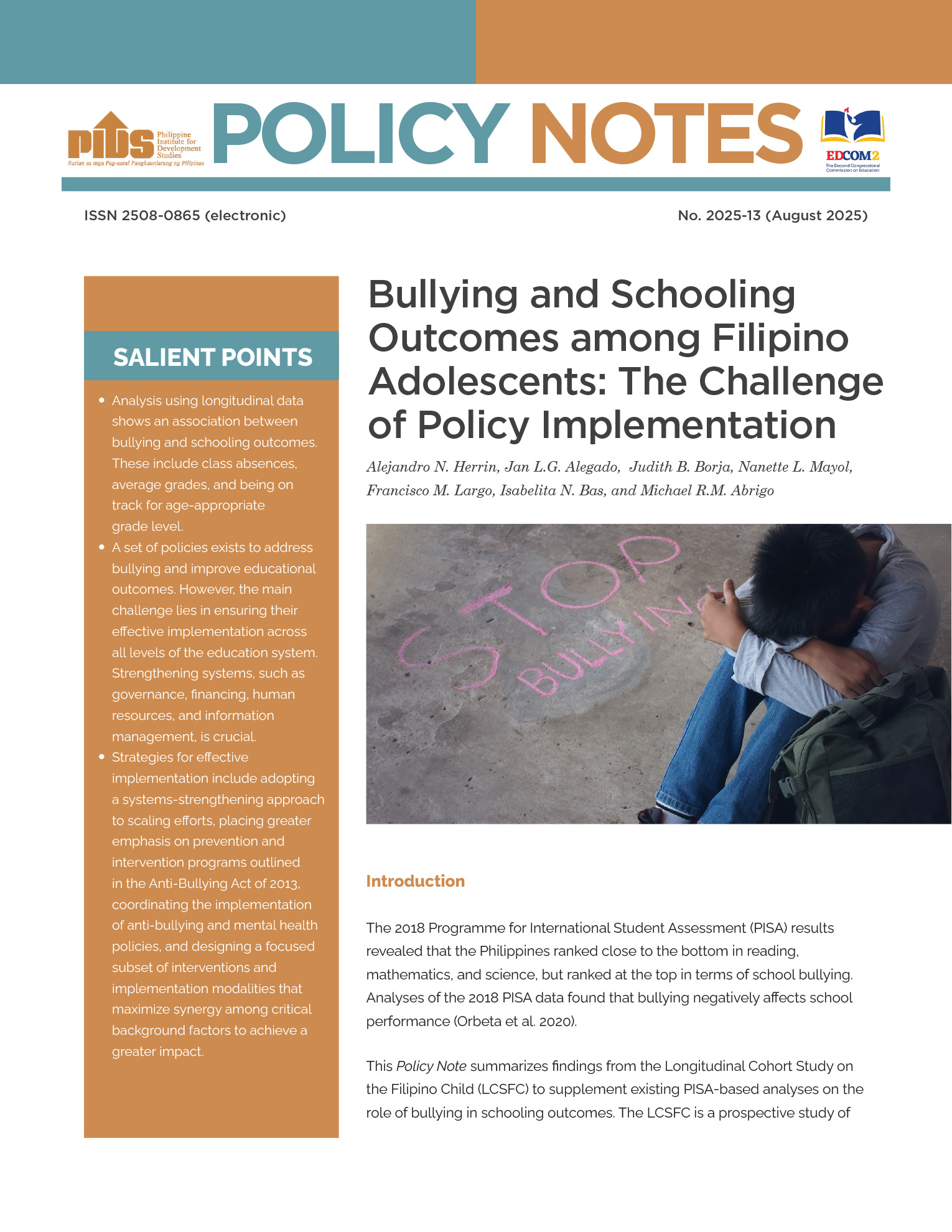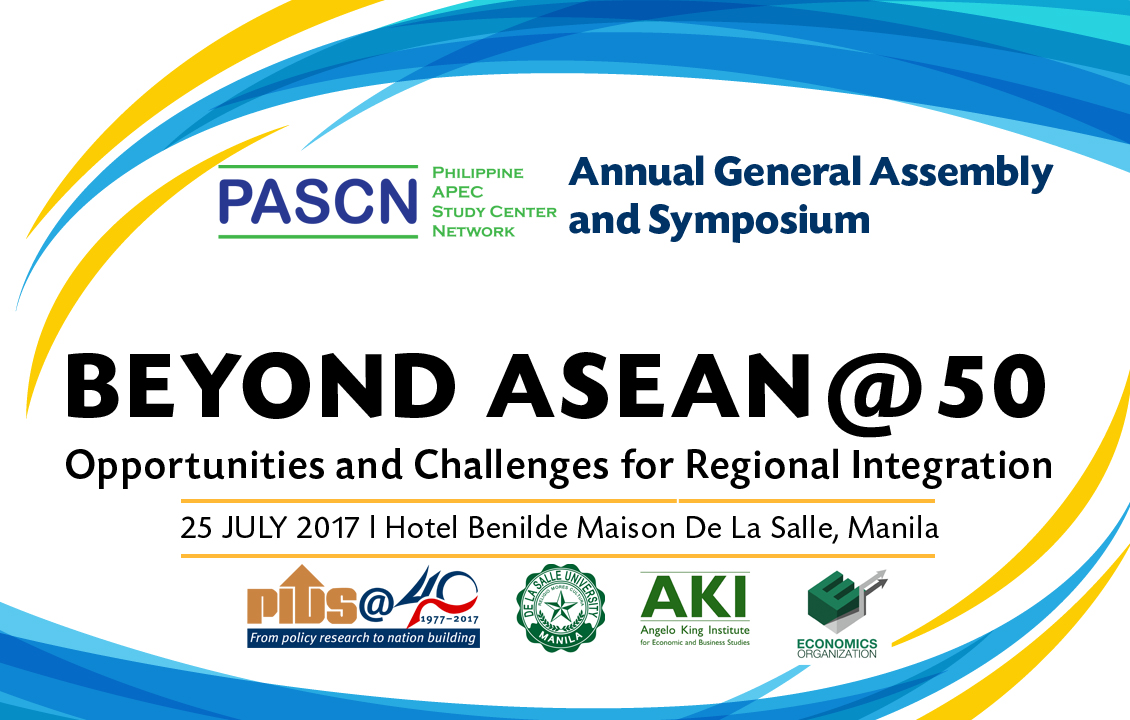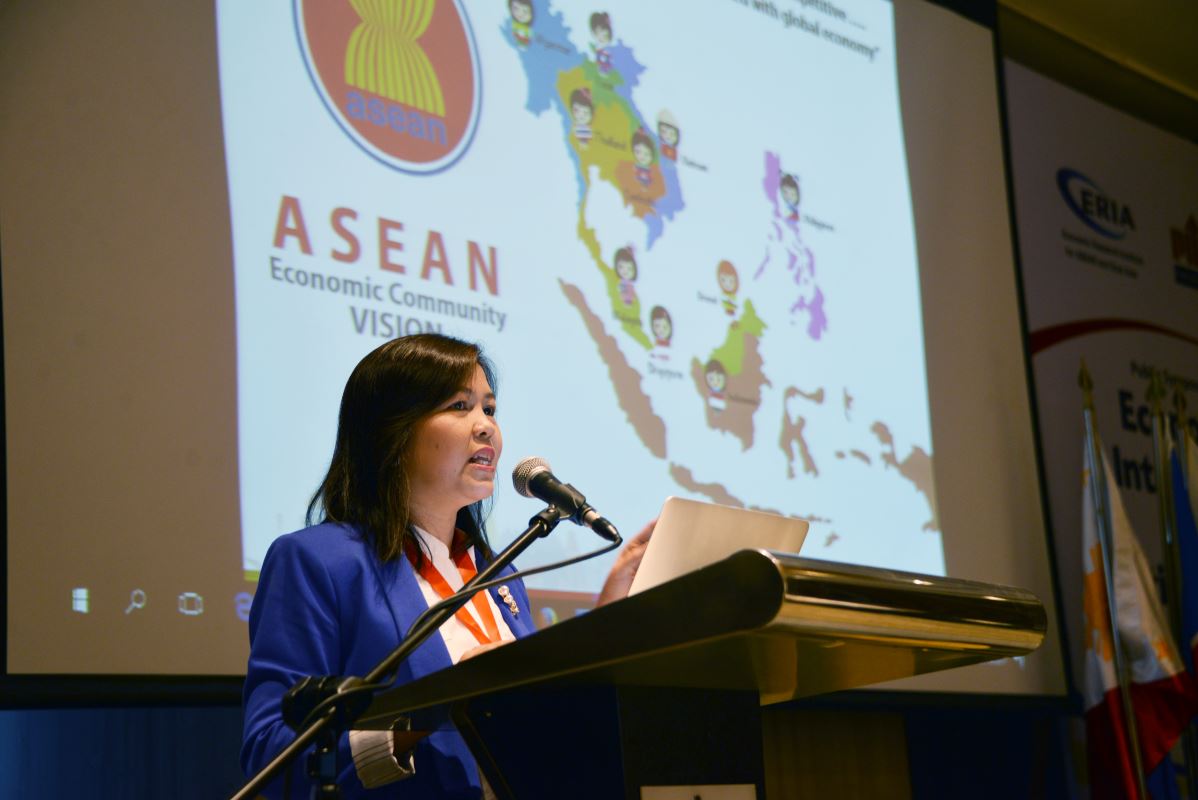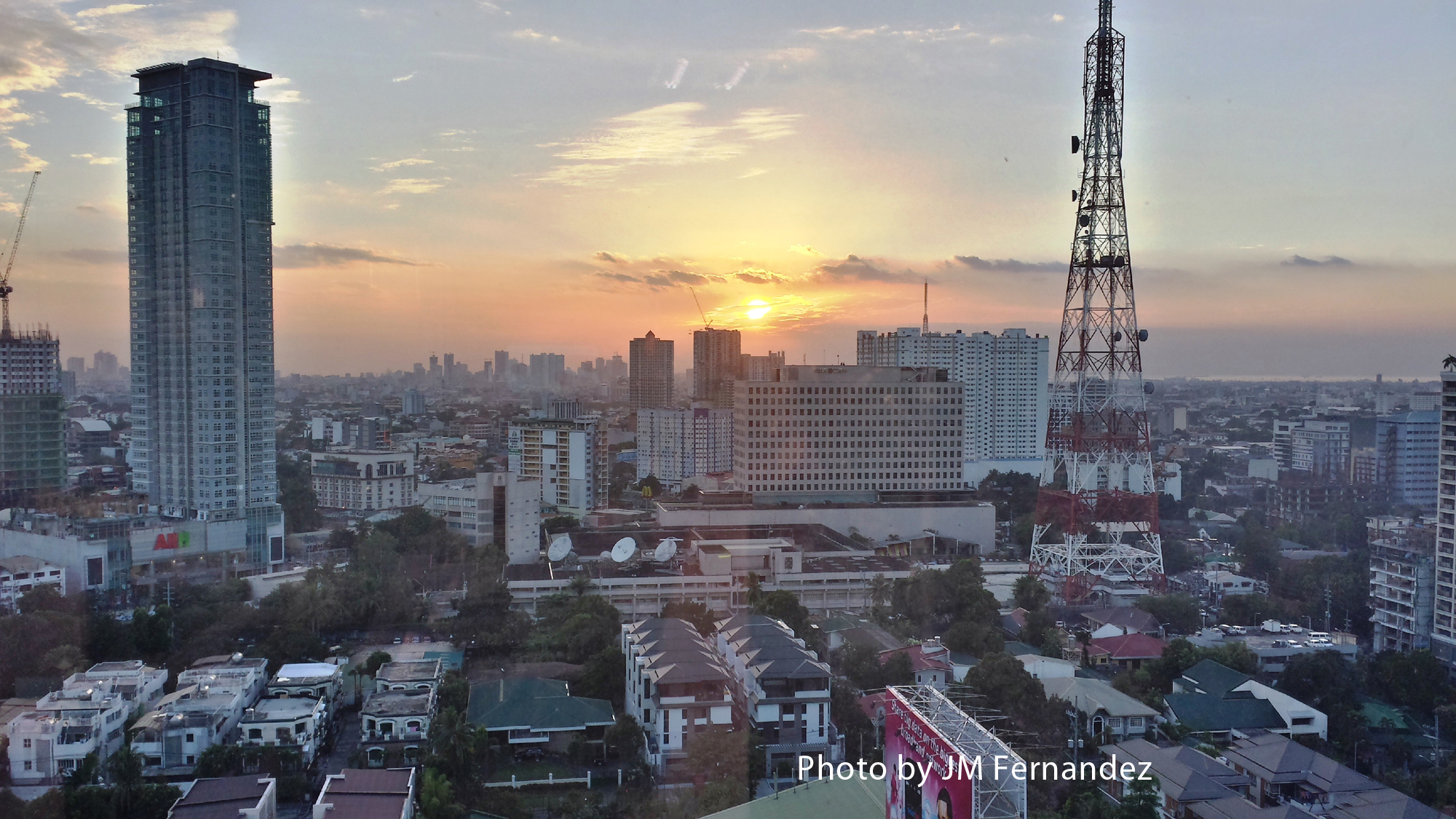For the Philippines to be more competitive in a free trade market two years from now, the Philippine Institute for Development Studies (PIDS) recommends to improve the transport and logistics services in the country. PIDS senior research fellow Adoracion Navarro cited in his presentation during a forum on ASEAN Economic Integration that the issue on logistics services remains on the barriers to achieving effective competition and not on high regulation or monopoly. "There seems to be no need to liberalize entry to and exit from the freight forwarding business because of the absence of regulatory barriers and the lack of natural monopoly elements in this type of business,” he shared. However, it is evident in domestic freight forwarding firms that 60 percent of the equity is owned by Filipino while the rest is owned by foreign entity. The Presidential Decree 1466 mandates that the exportation and/or importation of all government cargoes, as well as private cargoes that have financial benefits to the Philippine government, must be carried by Philippine flag vessels.
Navarro shared that in a 2011 survey conducted among freight forwarders in the country; it was found that the private sector encounter difficulties in setting up local operations and in selling services once operation has been established in other ASEAN countries. The industry players, he added, cited that the need to obtain license from a professional body, to meet minimum capital requirements, to adhere to administrative and legal regulations in setting up a partnership and to meet restrictive local labor employment regulations. He further noted that if the local company has established its operations in an ASEAN country, it has to account for differences in commercial practices, to adhere to restrictive legal systems and contracting procedures, to manage lack of transparency, inconsistencies and confusion in regulations and to manage delays in payment.
To compete Globally, Phl needs efficient transport and logistics services — PIDS

